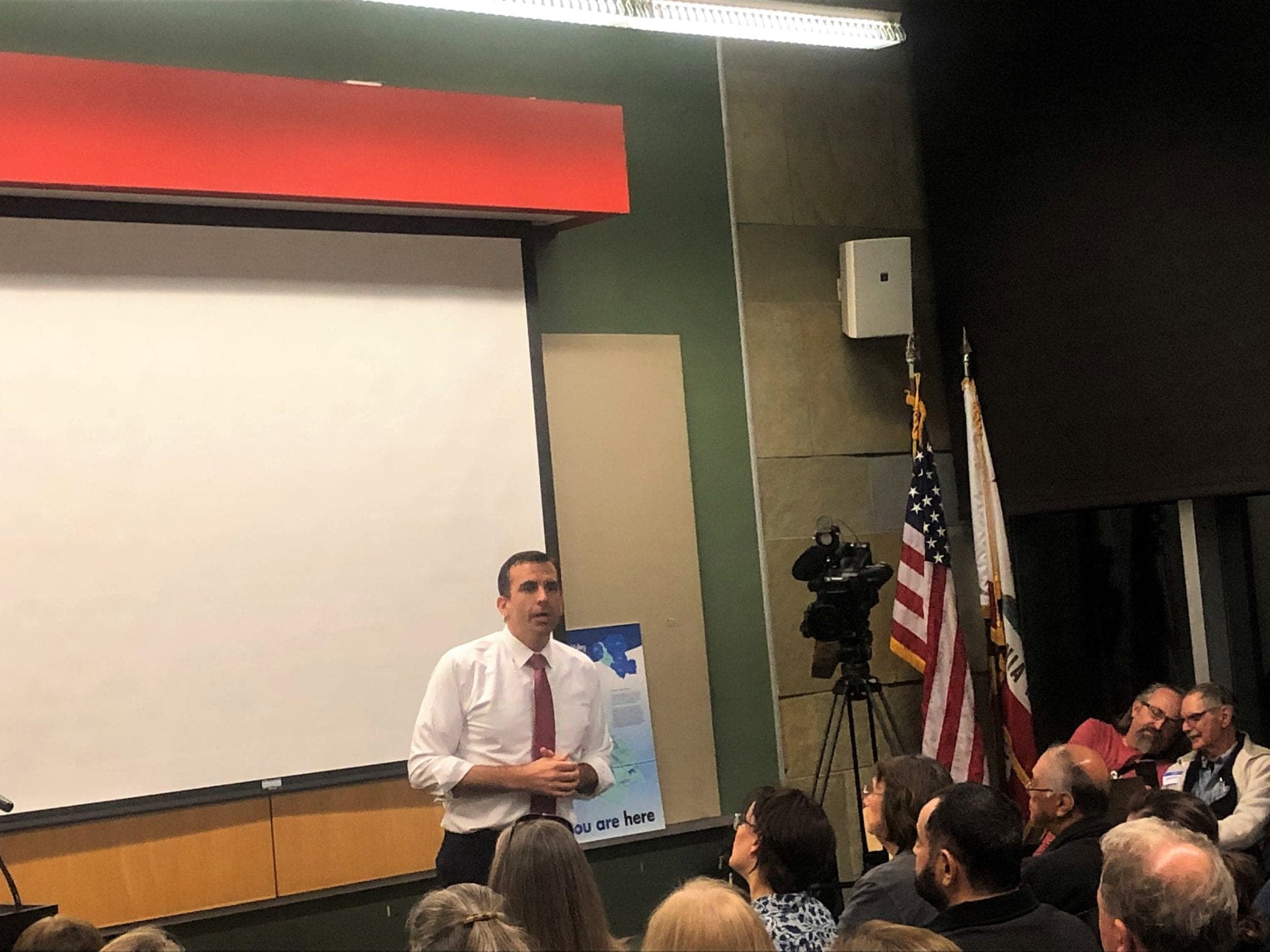New Poll Reveals 70% of Republicans Oppose Reducing Legal Immigration

Sam Liccardo, a prominent political figure, recently asserted via social media that a majority of Americans, "Even among Republicans," do not wish to reduce legal immigration, calling for a shift "beyond the cruelty and chaos of this administration’s approach." This statement aligns with recent polling data indicating a significant evolution in public sentiment regarding legal immigration across the political spectrum.A September 2025 AP-NORC poll found that approximately 3 in 10 Republicans now advocate for reducing legal immigration, a notable decrease from 45% recorded in January of the same year. This suggests that 70% of Republicans either prefer to maintain current legal immigration levels or increase them, marking a substantial shift in the party's stance. The survey also highlighted that Americans are increasingly recognizing the "major benefit" of legal immigrants contributing to economic growth and providing skilled labor for U.S. companies.Further supporting this trend, a July 2025 Gallup poll revealed that the desire to reduce immigration has fallen across all party groups, most notably among Republicans, dropping 40 percentage points over the past year to 48%. This poll indicated that a record-high 79% of U.S. adults now consider immigration a good thing for the country. The shift reflects a broader public appreciation for immigration, less desire to reduce it, and increased support for pathways to citizenship for undocumented immigrants, with Republican support for such pathways rising by 13 points to 59%.Liccardo's critique of the "cruelty and chaos" of the administration's approach resonates with public opinion showing decreased support for hardline enforcement measures and increased backing for more lenient policies. For instance, the Gallup poll noted a decline in support for increasing Border Patrol agents and expanding the U.S.-Mexico border wall, particularly among independents and Democrats. This suggests a public inclination towards more humane and pragmatic immigration solutions.The evolving public opinion, even within the Republican party, could significantly influence future immigration policy debates. As Americans increasingly view legal immigration as beneficial and express support for pathways to citizenship, policymakers may face growing pressure to reconsider and adjust current immigration strategies to align with these changing sentiments.